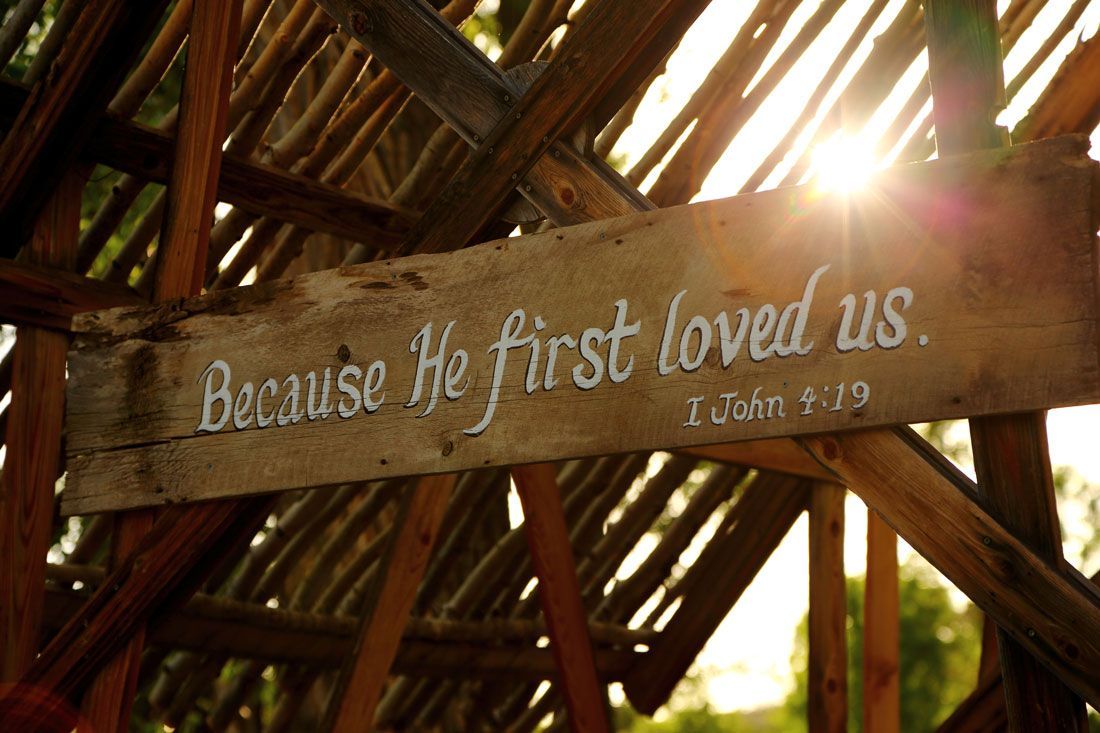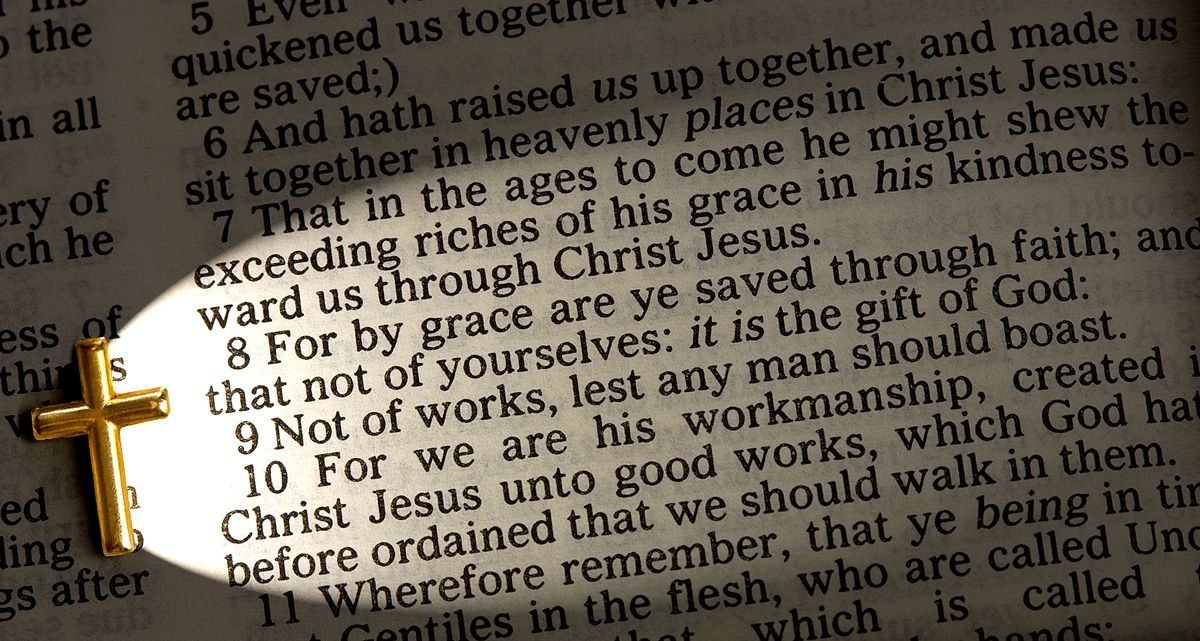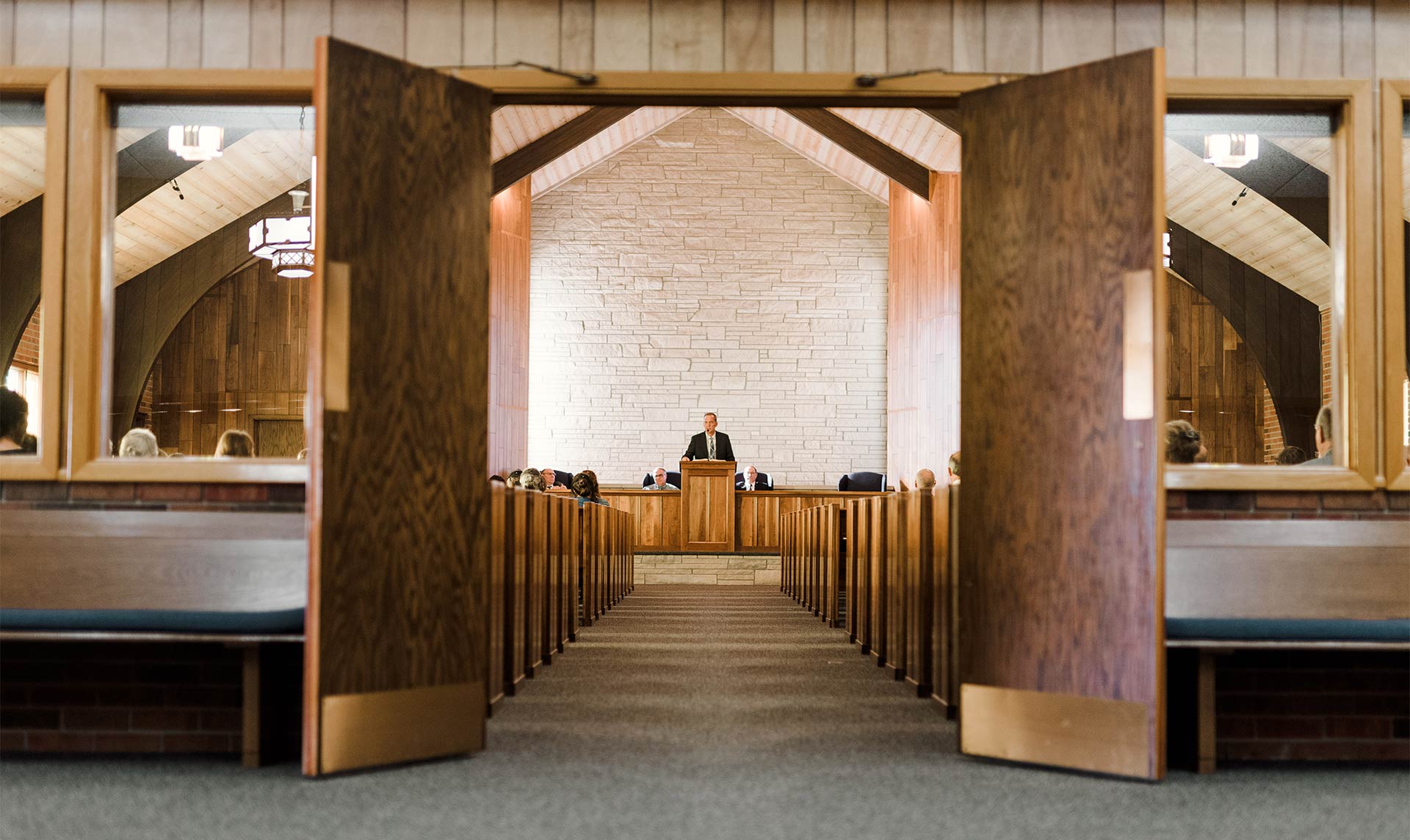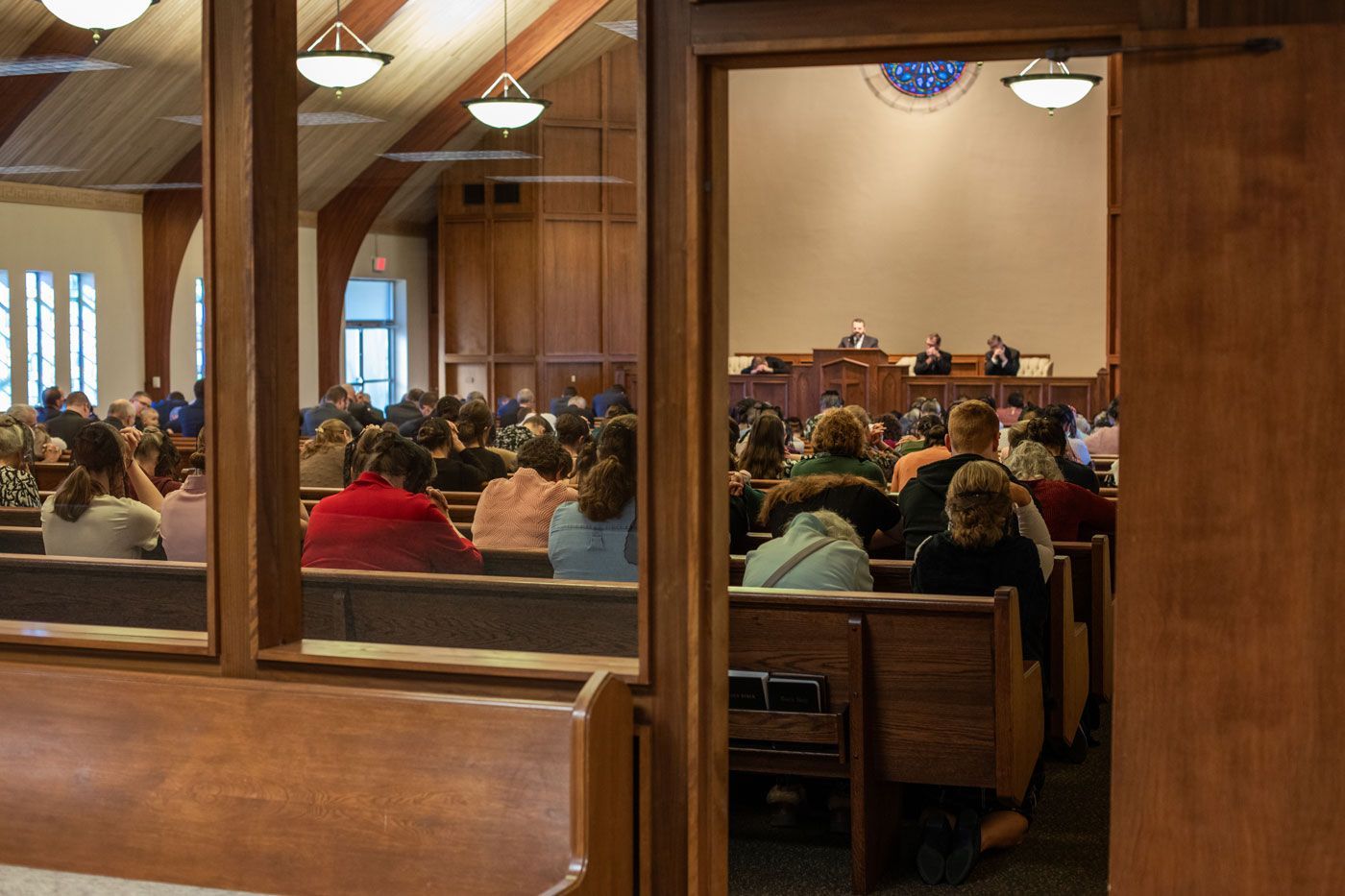Marriage by Faith
“And beside this, giving all diligence, add to your faith virtue; and to virtue knowledge.”1

Sometimes a word or phrase that served well in time past takes on a meaning all its own, different than what was originally meant. For some, “marriage by faith” may be one of those phrases that implies more than was ever intended. It also may be set aside by some because of such distortions. Yet, it is a noble sentiment and a godly ideal.
In all things, followers of Jesus are to walk by faith and not by sight. The letter to the Hebrews reminds us that by faith we believe that God created the things that we see from that which is not seen.2 The Apostle Paul reminds us that whatever we do contrary to faith is sin.3 Jesus teaches that our primary responsibility is to believe that he is the bread of life sent by God.4 The life of a Christian must be guided by faith in all things, and this certainly includes the decision of whether to marry, and if so, who to marry.
The human heart is deceitful.5 God has created us with feelings and emotions. They are wonderful aspects of human experience and often carry wisdom within them. However, trusting in feelings alone is not a reliable means of sorting out the future and can easily lead us down the same path that took Samson to Delilah, so “in love” that nothing would persuade him to reconsider. Desiring Bathsheba, David committed adultery and ordered murder.6 As we approach a decision to marry, we must be aware that our own heart is also deceitful and cannot be relied upon without careful discernment.
Virtually every marriage is begun in the faith that it will be mutually beneficial until death. When one considers how little we know about the future and how little we know about how we or our spouse will change over the years, it becomes apparent that all marriages are “marriage by faith.” However, we want to be guided by an informed faith built on the rock, not a blind faith built on sand.
So, what do we mean when we encourage believers who desire marriage to pursue “marriage by faith?”
Perhaps we can start with what we do not mean. We do not mean seeking or relying solely on signs, ignoring our emotions and feelings, or disregarding the practical elements of whether we are sufficiently prepared for a marriage relationship. Nor do we mean we do not ask probing questions about ourselves or a potential spouse to understand whether we are mutually prepared to honor God in marriage. We do not mean that all should seek marriage. Sometimes exercising faith in the question of marriage means remaining single. According to the Apostle Paul, this is better and more honorable.7
What we do mean is that we are guided by our faith and trust in God and the principles of his Word as we approach the decision to marry and discern whom to marry. One of our Guiding Principles (GP E) captures the key elements of biblical discernment, stating that we apply spiritual discernment to our daily decisions based on God’s word, prayer, the Holy Spirit’s direction, and godly counsel from fellow believers. If we do this in daily decisions, how much more should we apply these same inputs as we consider and seek a lifelong commitment to marriage! Doing so, we can move forward with faith that is grounded on solid reasons to marry or not to marry.
---------------------------------- The continued portion is below ----------------------------------
Prayer is the foundation of all discernment. It brings us into a humble position before God, opening our heart and mind to his spirit and his word. It often reveals what we are already thinking but may not recognize until we put it into words. Prayer that acknowledges our need for the Lord’s guidance is an expression of faith that He can guide us in decision-making because we are willing to listen to his guidance and subject the feelings of our heart to his instruction.
Holy Spirit’s Direction: Confidence in the Holy Spirit enables us to trust his ability to guide our thoughts. Knowing that the devil brings temptation through our thoughts emphasizes the need to be filled with the Holy Spirit in all we do. This is even more important in big decisions. Knowing the voice of the Shepherd is critical in making choices that are for our long-term spiritual benefit and aligned with the will of God. This does not mean the Lord will reveal specifically whom to marry. Although he has done that for some, for many he leaves it as a decision made in faith, not sight.
God’s Word: What does the Bible say about choosing a mate? Although we have the example of how God revealed Rebecca to Abraham’s servant and the faith that they both had to return to the tent of Isaac sight unseen, we also have the example of the daughters of Zelophehad. “This is the thing which the LORD doth command concerning the daughters of Zelophehad, saying, ‘Let them marry to whom they think best; only to the family of the tribe of their father shall they marry.’”8 God gave them permission to marry whom they thought best, but restricted them to marry within their own tribe. Similarly, we are taught by the Apostle Paul not to be unequally yoked together with an unbeliever. While this applies far beyond the marriage relationship, it certainly applies directly to the yoke of marriage. In these examples, we see that sometimes the Lord gives direct instruction on who to marry and sometimes he leaves it up to the individual, but within boundaries.
Godly counsel: If we have inadvertently followed our emotions and perhaps had our mind clouded a bit, seasoned believers can bring us back to reality. If we have been grasping for “signs” to validate a direction we already want to go, godly counsel can help us avoid self-deception. If we are unprepared for the responsibilities of marriage, those close to us can help us see potential areas of growth before we make that lifelong commitment. The accountability provided by fellow believers and shepherds can save us from all manner of difficulties if we are willing to receive counsel. Although it may be easier to ask peers for advice, such counsel best comes from those with experience and wisdom.9
If we consider how the Lord instructs husbands and wives, many of whom were married because it was arranged by their parents, we find that one of the most important elements of marriage is commitment. If we have the faith to commit our life to another, then that commitment can and should prompt us to choose to function together following the model of Christ and the church. When we love and serve one another following the pattern of the Lord and the church, we find that marriage is mutually joy-giving and enduring.
Every experience is unique. Some have received direct guidance from above while others have found themselves making a choice like the daughters of Zelophehad. By faith, relying on the Word, prayer, the Holy Spirit's direction, and godly counsel, all can be well-prepared for lifelong commitment.
This article was taken from the November 2023 Silver Lining where you can find additional interesting and inspiring content.
1 2 Peter 1:5
2 Hebrews 11:3
3 Romans 14:23
4 John 6:29
5 Jeremiah 17:9
6 2 Kings 11:2
7 1 Corinthians 7:38
8 Numbers 36:6
9 1 Kings 12:6-15









